Tips
What happens if you stop paying your personal loan?
Don't make a costly mistake! Find out what will happen if you miss or stop paying your personal loan so that you can be prepared for the consequences and protect your credit score.
Advertisement
Learn all about the risks and pitfalls of not paying your personal loan

For many of us, personal loans can be a great way to pay off unexpected expenses or consolidate debt. But what happens if, for some reason, you stop paying your personal loan?
You may find that you’re dealing with some serious consequences. Ranging from the repossession of any collateral to damaging credit score impacts.
In this comprehensive article, we’ll explore all the potential repercussions associated with not paying your personal loan. And how best to navigate them in order to protect yourself financially.
Keep reading for an informative look at exactly what could happen when you stop paying your personal loan!

Loans for online business: is it a good deal?
Wondering if taking out a loan for your new online business is a good idea? This article breaks down all the pros and cons so you can make an informed decision.
What happens during the first 30 days
Most lenders typically don’t report a missing payment to main credit bureaus until the first 30 days have passed. So if you can, paying your installment before its due date may prevent a dent on your score.
If you miss the payment for a couple of days, some lenders might charge you a late fee. The amount you’ll have to pay for the late charge may vary from $15 to a percentage of your loan amount.
Check if you are pre-approved for credit cards and loans with no impact to your credit score
You will be redirected to another website
You’ll receive messages for less than 1 week, with a maximum of 1 message per day. You can unsubscribe anytime by replying STOP. By submitting this form, I confirm that I am 18+ years old and agree to the Privacy Policy and Terms and Conditions. I also provide my signature, giving express consent to receive informational messages via automated emails, SMS, MMS text messages, and other forms of communication. Message frequency may vary as part of our good-faith effort to respond to your inquiry. Message and data rates may apply. Text STOP to cancel. I understand that my consent to receive communications is not a condition of purchase and that I may revoke my consent at any time.
What about between the first and second month?
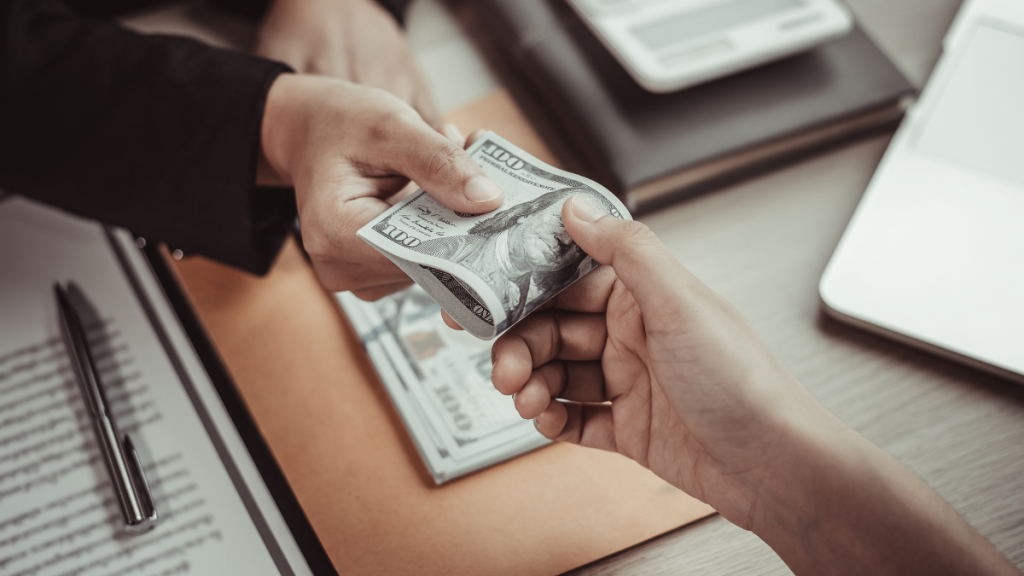
Not paying your loan between 30 and 60 days can have serious financial repercussions. When a payment is past due, lenders usually notify their customers and begin delinquency proceedings.
It involves the documentation of the missed-payment in accounts from credit bureaus. This can result in lower credit scores, higher interest rates, or not getting future loans.
Additional fees are also likely to pile up if the repayments continue to be skipped for an extended period of time.
What happens when you stop paying your personal loan between 60 and 90 days?
If you stop making payments for your personal loan between 60 to 90 days, you are heading towards a path of financial distress.
Your loan provider may not contact you initially. But after those 60-90 days are up, they will move into the process of debt collection.
Depending on the type of loan that was taken out, the debt collector may be legal or within the bank’s internal collections team.
Making further arrangements and late payment fees may appear in your account if terms were not kept up as expected.
In this situation understanding all that’s involved can help find an appropriate solution so both borrower and creditor can be satisfied.
90 to 120 days
When you don’t pay your loan for 3 to 4 months, defaulting on a loan isn’t something to take lightly. The financial institution will contact you in the first instance and try to resolve the issue.
In the event that there is an inability or unwillingness to make payments, credit reporting agencies will be notified that you have stopped paying your personal loan, which could result in significant damage to your credit score.
Depending on the severity of the non-payment situation, creditors may invoke further measures such as possible litigation or wage garnishment against you.
Defaulting on a loan is not something any financial savvy person would recommend, as it can take years to repair one’s credit score and regain trust with lenders.
More than 120 days
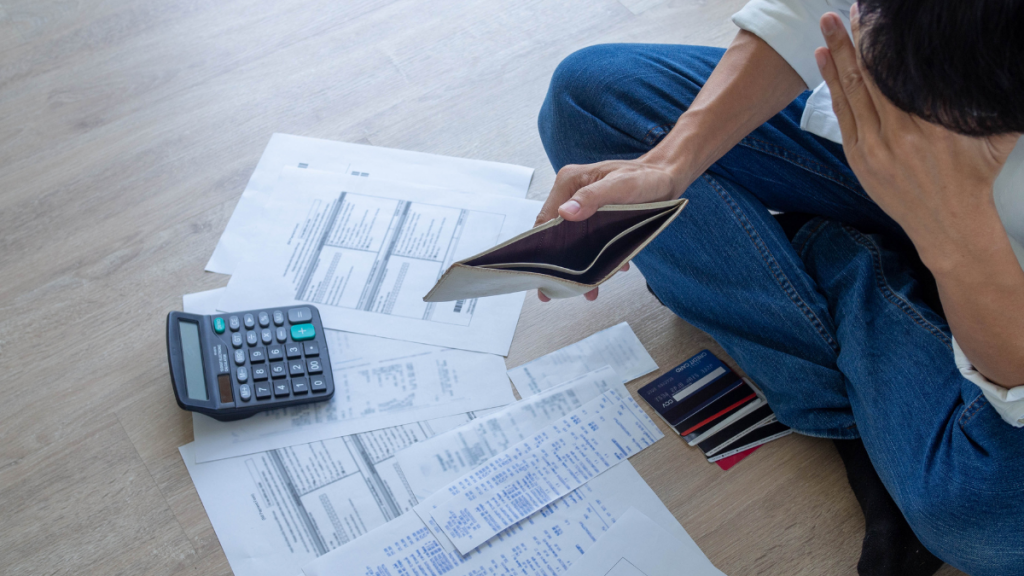
When you stop paying your personal loan for 120 days or more, it can quickly lead to serious consequences.
After missing payments for more than 120 days, your account will be considered delinquent and most likely sent to a collection agency – and this is really just the beginning.
If continued delinquency occurs, it can lead to lawsuits, wage garnishment, as well as a potentially significant hit to your credit score.
On top of all this, you’ll still owe the amount that you originally borrowed plus whatever fees had been accumulated up until then.
Ultimately, if you have trouble making payments on time it’s important to reach out to your lender before things get worse. Otherwise, those missed payment fees will keep snowballing with scary implications.
What happens to your credit score when you stop paying a personal loan
Failing to pay back a personal loan can have a significant impact on your credit score. First, your credit report will show a delinquency, which can stay on your credit report for up to seven years.
A delinquency will negatively affect your credit score and make it difficult for you to obtain credit in the future.
Second, if the lender reports your delinquency to credit bureaus, it will be reflected on your credit report as a negative mark, further reducing your credit score.
The more payments you miss, the more damage it will cause to your credit score.
Then, if the lender sends your account to a collection agency, this will be reflected on your credit report as a serious delinquency, or a default.
A collection account will significantly lower your rating and will remain on your credit report for up to seven years. It stays even after you have paid off the debt.
Therefore, not paying back a personal loan can have a long-term negative impact on your credit score. Even making it difficult to obtain credit in the future.
Let us help you choose the perfect loan for your current situation
Now that you’re aware of the risks and pitfalls when you stop paying your personal loan, you’ll be more prepared when it comes to managing your payments.
Taking out a loan is not as scary when you’re one step ahead with your financial planning. If you need some extra cash now and would like to learn which loan fits your needs best, we can sort you out.
In the following link, we’ve prepared a complete guide with all you need to know about requesting a personal loan.
We’ll also provide some essential tips, and the best loan options to fit your budget and lifestyle! Read on and learn how to choose the best loan for you!

Choose a personal loan: Find the best lenders
Don’t know where to start when it comes to personal loans? This guide will break down everything you need to know to make an informed decision and find the best loans
Trending Topics
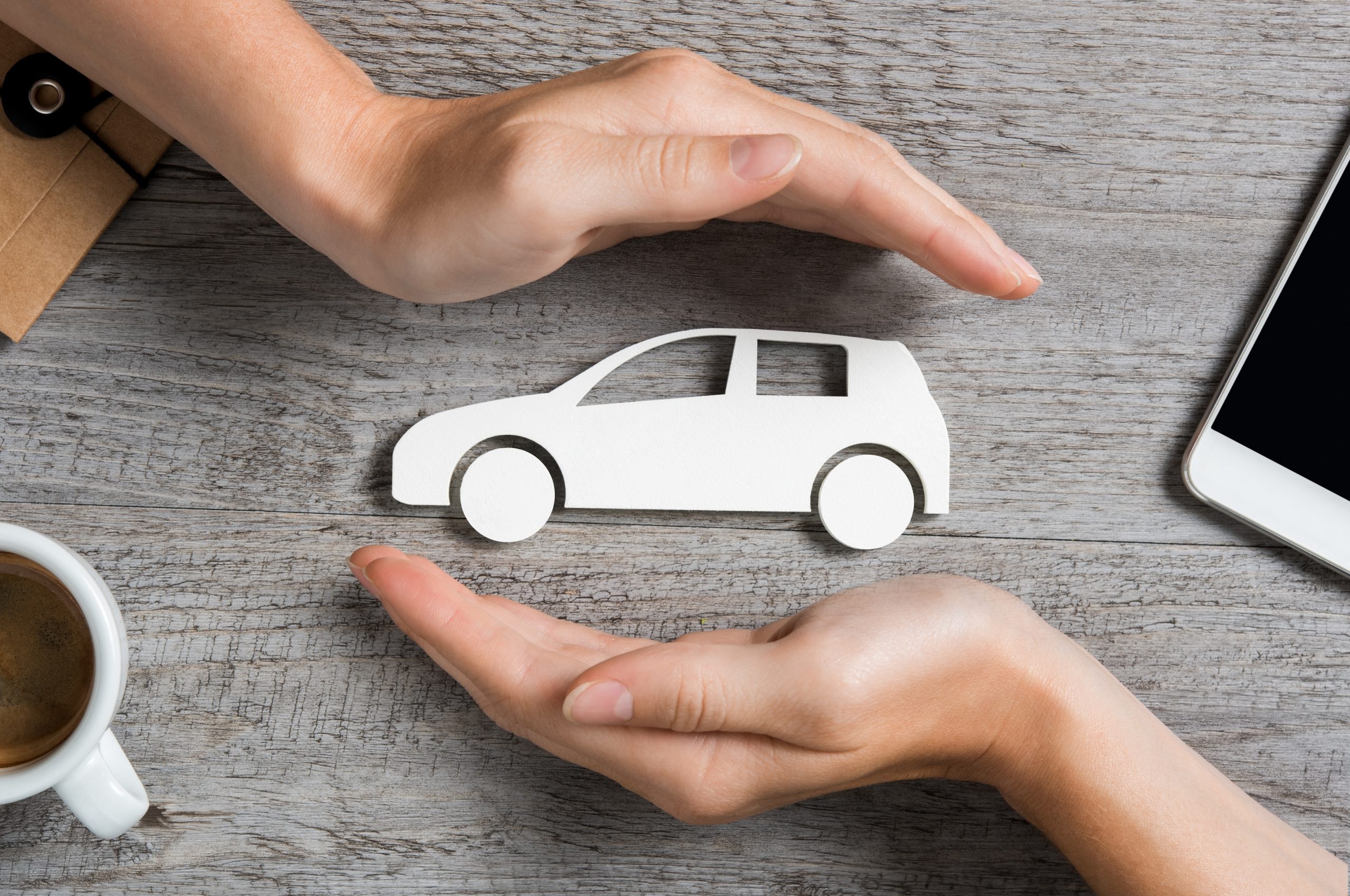
Does paying car insurance help your credit score?
If you have to pay everything on time to keep your score, does paying for car insurance help build your credit score? We have the answer.
Keep Reading
See how to apply for a Carnival® World Mastercard®
Check out how to apply for a Carnival® World Mastercard® and enjoy many perks while being onboard one of the greatest cruises in the world!
Keep Reading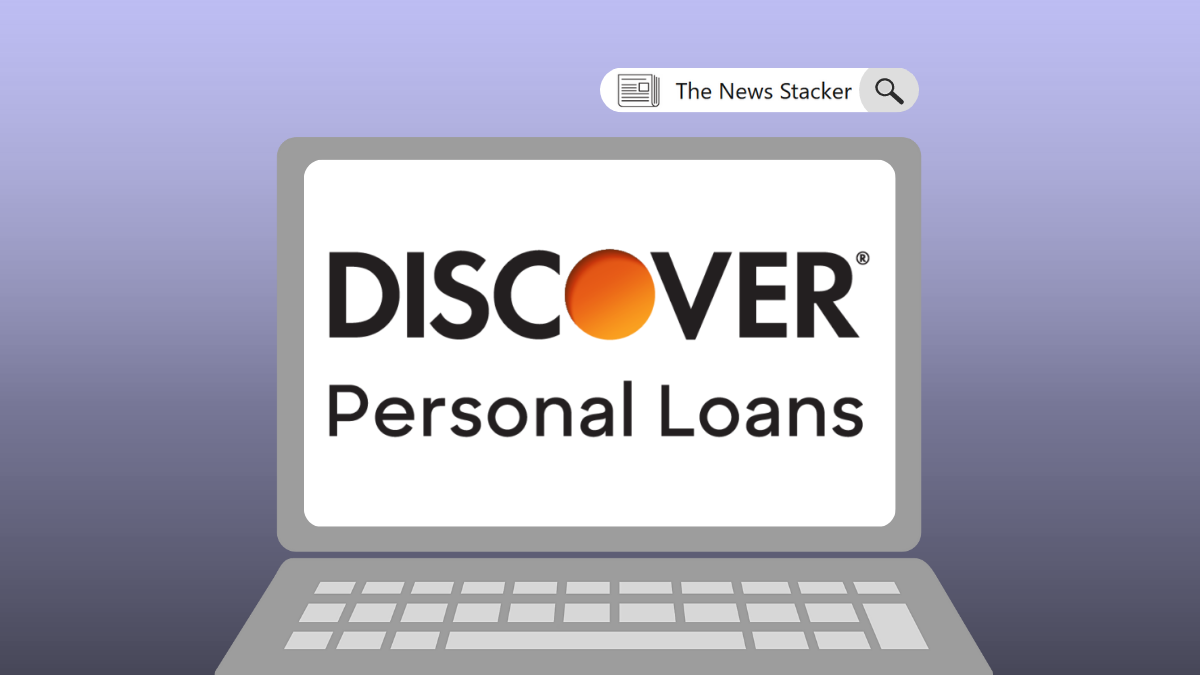
Discover® Personal Loans review: Borrow what you need, when you need it
Need a personal loan? Our in-depth Discover® Personal Loans review covers all the details you need to know before borrowing money.
Keep ReadingYou may also like
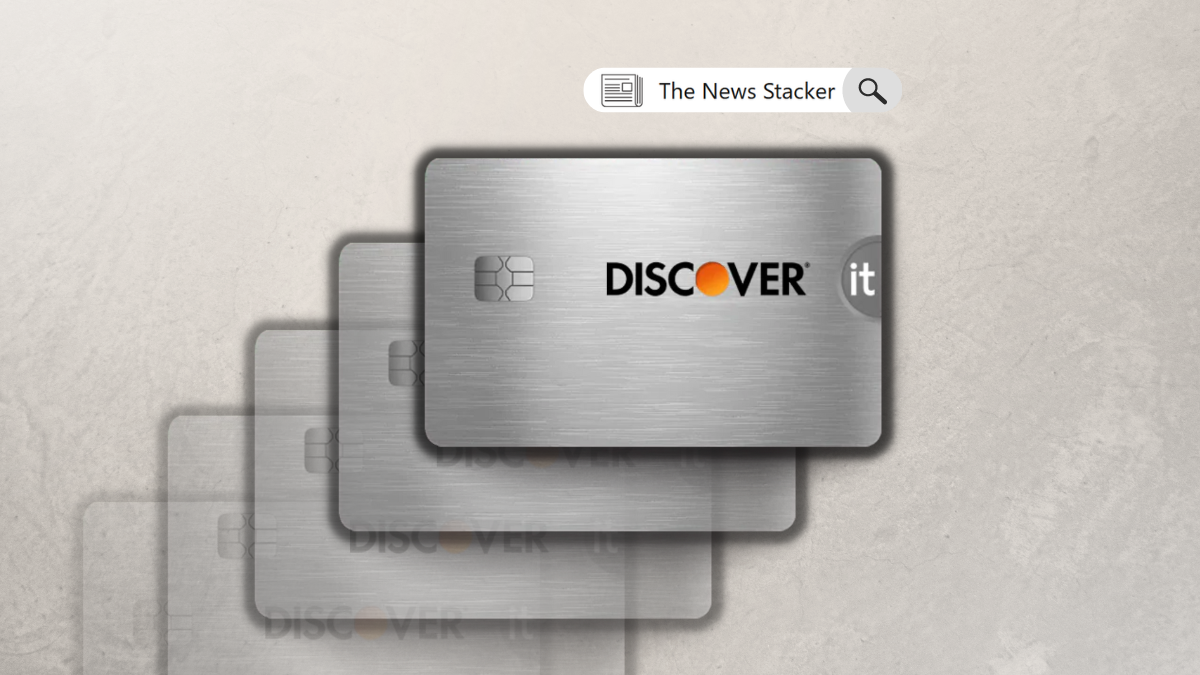
Discover it® Chrome Credit Card review
Find out if the Discover it® Chrome Credit Card is right for you with our in-depth review of its benefits and reward programs.
Keep Reading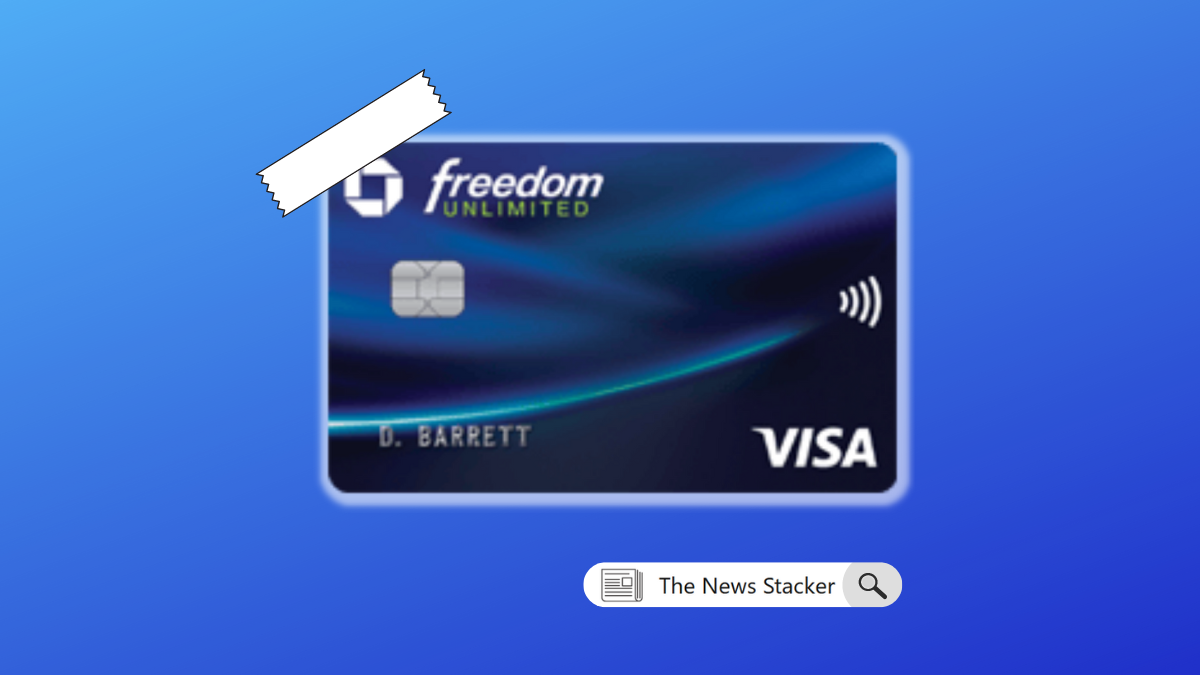
See how to apply for the Chase Freedom Unlimited® Card
Learn how to apply online for the Chase Freedom Unlimited® Card and start earning rewards on things that really matter, every day.
Keep Reading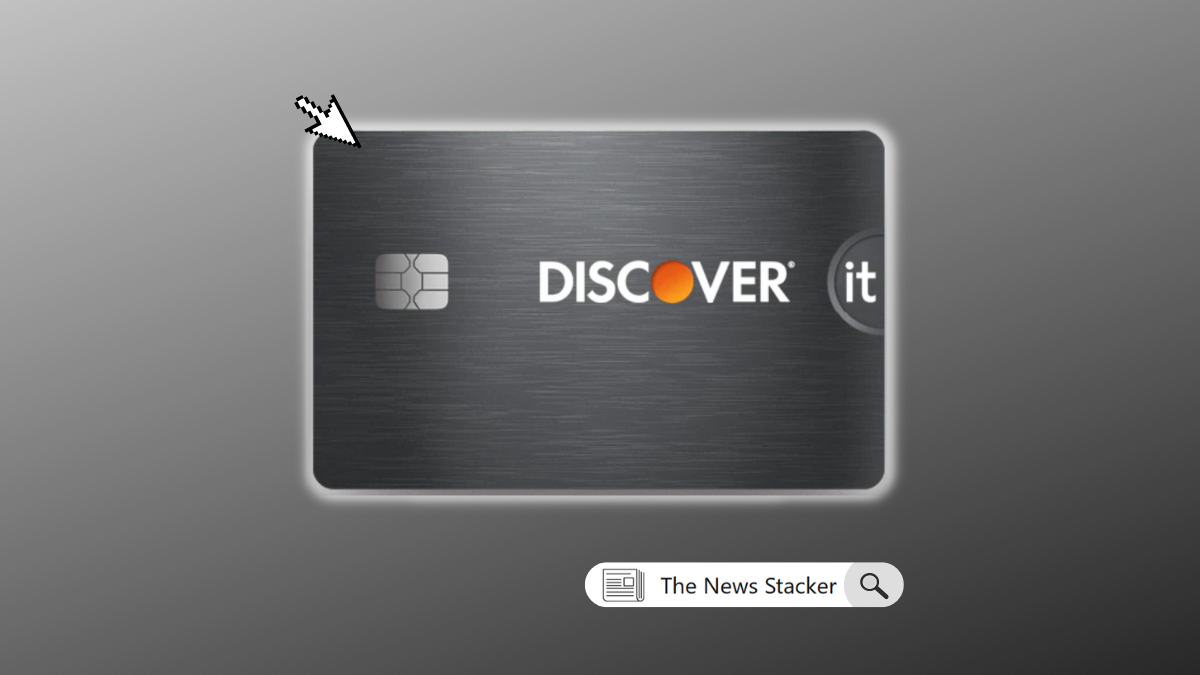
See how to apply for the Discover It® Secured Credit Card
Learn how to apply for the Discover It® Secured Credit Card. And let this secured credit card help you regain control of your finances!
Keep Reading